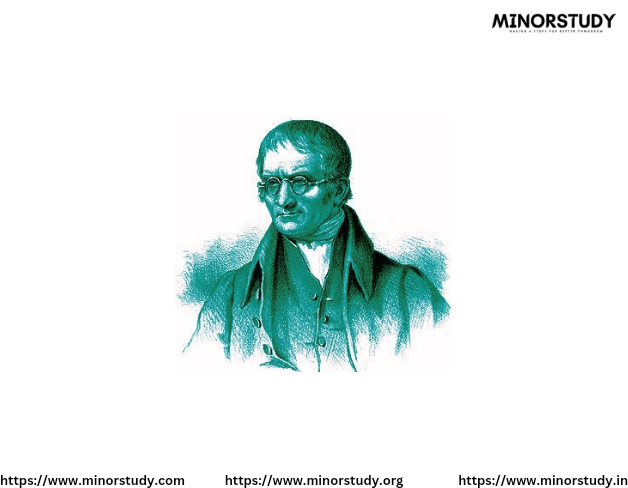India
- Minorstudy Web blogs
- Dec 7, 2024
- 3 min read

India is a country in South Asia, known for its rich history, diverse culture, and vibrant economy. Here’s an overview of India, touching on various aspects:
About India
Official Name: Republic of India
Capital: New Delhi
Largest City: Mumbai
Official Languages: Hindi and English (though there are 22 official languages, including Bengali, Telugu, Marathi, Tamil, Urdu, Gujarati, and more)
Population: Approximately 1.42 billion (as of 2023), making it the second most populous country in the world.
Area: 3.287 million km²
Currency: Indian Rupee (INR)
History of India
Ancient Period: India is one of the world’s oldest civilizations, dating back to around 2500 BCE with the Indus Valley Civilization. It was the birthplace of major religions like Hinduism, Buddhism, Jainism, and Sikhism.
Medieval Period: The region saw the rise and fall of powerful empires, such as the Maurya Empire, Gupta Empire, Mughal Empire, and others.
Colonial Period: India was under British colonial rule from 1858 until it gained independence in 1947, largely due to the efforts of leaders like Mahatma Gandhi, Jawaharlal Nehru, and Subhas Chandra Bose.
Independence: India became an independent nation on August 15, 1947, after a prolonged struggle against British colonialism.
Geography
India is geographically diverse, ranging from the Himalayan mountain range in the north to the coastal plains in the south. It has deserts (like the Thar Desert), rainforests, and fertile plains such as the Ganges Plain. India is bordered by Pakistan, China, Nepal, Bhutan, Bangladesh, Myanmar, and shares maritime borders with Sri Lanka and the Maldives.
Economy
India is the world’s 5th largest economy by nominal GDP and 3rd largest by purchasing power parity (PPP). It has a mixed economy with agriculture, manufacturing, and services sectors.
Major industries include information technology (IT), pharmaceuticals, textiles, automobiles, and agriculture (India is one of the largest producers of rice, wheat, and tea).
IT Industry: India is known as a global IT hub, with cities like Bengaluru, Hyderabad, and Pune being major centers for technology and software services.
Culture and Society
Religion: India is known for its religious diversity. Major religions practiced in India include Hinduism, Islam, Christianity, Sikhism, Buddhism, and Jainism.
Festivals: India is known for its numerous festivals, such as Diwali (Hindu Festival of Lights), Eid (Muslim), Christmas (Christian), and Gurpurab (Sikh). Each region also has its own set of traditional festivals.
Cuisine: Indian cuisine is known for its use of a wide range of spices and herbs. Popular dishes include curry, biryani, samosas, dosas, and a variety of sweets like gulab jamun and jalebi.
Important Points
Political Structure: India is a federal parliamentary democratic republic. It has a President (the head of state) and a Prime Minister (the head of government).
Languages: India has 22 officially recognized languages. Hindi, with English, serves as the official language of the central government, but each state can have its own official languages.
Tourism: India is home to several UNESCO World Heritage Sites, such as the Taj Mahal, Qutub Minar, Jaipur’s Amer Fort, and the ancient city of Hampi. The country is known for its diverse landscapes, beaches, historical landmarks, and temples.
Significant Questions about India
What is the capital of India?
New Delhi.
When did India gain independence?
India gained independence from Britain on August 15, 1947.
What are the main languages spoken in India?
The main languages are Hindi and English, though there are 22 official languages.
What is the currency of India?
The currency is the Indian Rupee (INR).
What are some famous tourist destinations in India?
The Taj Mahal, Jaipur’s Amer Fort, Goa’s beaches, Kerala’s backwaters, and the Himalayas are among the popular tourist spots.
Important Figures
Mahatma Gandhi: Leader of India’s independence movement against British rule.
Jawaharlal Nehru: The first Prime Minister of India.
Indira Gandhi: The first and only female Prime Minister of India.
Dr. B.R. Ambedkar: The principal architect of the Indian Constitution.
Notable Achievements
Space Exploration: India has an active space program led by ISRO (Indian Space Research Organisation). It has achieved significant milestones like sending the Mars Orbiter Mission (Mangalyaan) to Mars in 2013.
Technology: India is home to some of the world’s largest IT companies, including Infosys, TCS, and Wipro.
Conclusion
India is a country of great historical, cultural, and economic significance. It plays a key role in global geopolitics, trade, and technology. With a growing economy and a vibrant youth population, India is expected to continue its journey as one of the world's most influential nations in the coming decades.











Comments